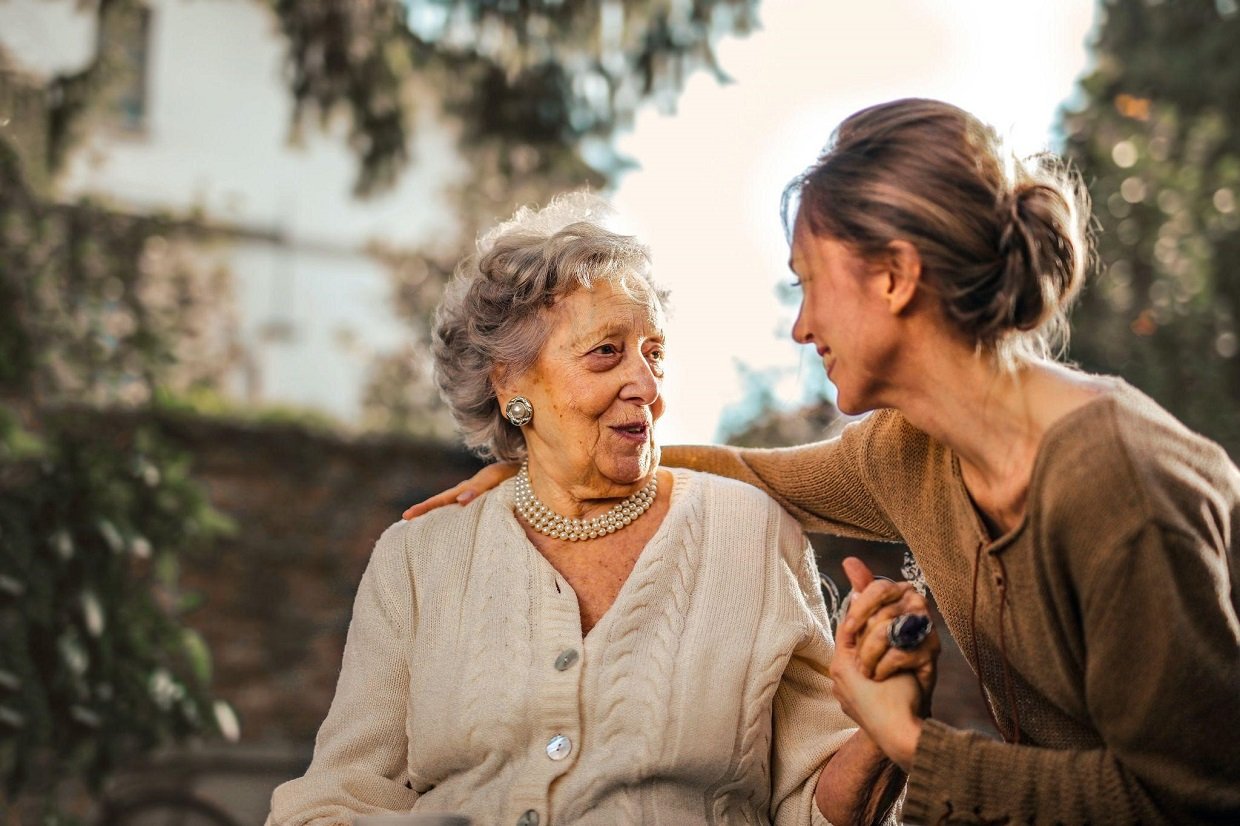A universal truth that we all have to face and accept, whether we like it or not, is time. There’s an old saying that claims that there are only three endless things in the whole universe: God, time, and space.
Time is the one thing that accompanies us every day, and throughout our history, it has managed to take down entire empires, erase from our book’s whole civilizations and cultures, and bury down events that, once upon a time, could be considered unforgettable. There’s no escape from time, and sadly, time can potentially affect us in a way that will greatly affect both our mental and physical capabilities.
The Way Time Changes Lives
Once we reach a certain age, we lose our strength, our mobility, our flexibility, and we become incapable of coordinating like we once could, preventing us from enjoying certain activities that we once took for granted would accompany us our whole lives.
Reaching a certain age also might involve not being as mentally capable as before, thus, things like working, creating, and even studying or learning, become much more difficult as time goes on.
When it comes to mental-related situations, there’s a particular condition that can affect us in a way that is much more harsh and tough, and this condition is known as Alzheimer’s. In this article, we will mainly focus on Alzheimer’s as a condition, and the way care facilities can help patients suffering from it, and their families.
What is Alzheimer’s?
Alzheimer’s is considered a neurodegenerative condition, and it is often the cause of dementia in senior people, being present in between 60 to 70% of dementia cases suffered by people beyond their 60’s.
This disease is a progressive disease, meaning that it starts causing mild effects which slowly get worst as time goes on. The most common, noticeable symptom people discern is the inability to remember contemporary events that could otherwise be remembered fairly easily.
As the disease worsens, more side effects can be found, including things like:
- Problems while communicating with people or formulating/sharing ideas;
- Difficulties when it comes to remembering places and directions, and an overall feeling of disorientation;
- Mood swings, lack of motivation, and depression.
It is very common for people suffering from Alzheimer’s to get distant from family members to the point of isolating themselves, either because they don’t want to be nuisances, or they believe they can handle themselves well enough.
Regardless of the reasoning behind their behavior, it is a very common occurrence, and it should be considered to a great extent if a senior member of the family is suddenly rejecting interaction with other family members.
Taking Care of Someone with Alzheimer’s

Sadly, there are no efficient treatments to deal with most neurodegenerative diseases. Although there are medications, procedures, and treatments that can alleviate the symptoms caused by some of them, that is not the case when it comes to Alzheimer’s, thus, the person suffering from it will require a lot of attention and support.
This can be a little difficult to manage if you are the person that is going to take care of the patient. It is indeed something that can be scarring for most people since it is a very difficult and hard situation to deal with, especially if the person is someone, they hold dear. That being said, there are some things you can do to handle the situation better.
Briefly explain, the role of an Alzheimer’s patient caretaker will be to manage and plan their routines while paying attention to their actions on a regular basis, to ensure their safety and well-being.
That being said, there are certain things that should be avoided, like being too controlling or picky when it comes to their routines, and not letting them have a certain level of freedom. Ideally speaking, a caretake should:
- Schedule their daily activities with care, taking into consideration the hour of the day and their circumstances. For example, taking baths is often recommended to be done during the most active hour of the day, and the same can be said for medical appointments. Recreative activities should also be added.
- Try to grant them a certain level of freedom, with activities that they can handle by themselves, or at least, with a considerably low level of assistance. This might include things like watching a movie, dressing, going to the bathroom, reading, or organizing a room or area.
- Provide simple and straightforward instructions.
- Limit their naps so their sleeping schedules don’t get affected
There’s also the option of hiring a care facility. In Los Angeles, some nursing homes for dementia patients specialize in people suffering from Alzheimer’s, thus, they have caretakers that are experienced, trained, and equipped to handle them in the most efficient way, ensuring not only their safety but also their happiness.
These services might be a little bit expensive for some people, but for those who can afford them, it might be the best solution to handle the situation. That being said, the process of having a family member suffer from any neurodegenerative disease is always heartbreaking, so no matter the solution you come up with, there will always be sadness and pain involved in the process.
If you think can always visit your family member as often as possible, to enjoy as much as possible before things get worse. It is a very rough experience, but it is something that we should be prepared for, and the more empathetic and gentler we are, the better.

